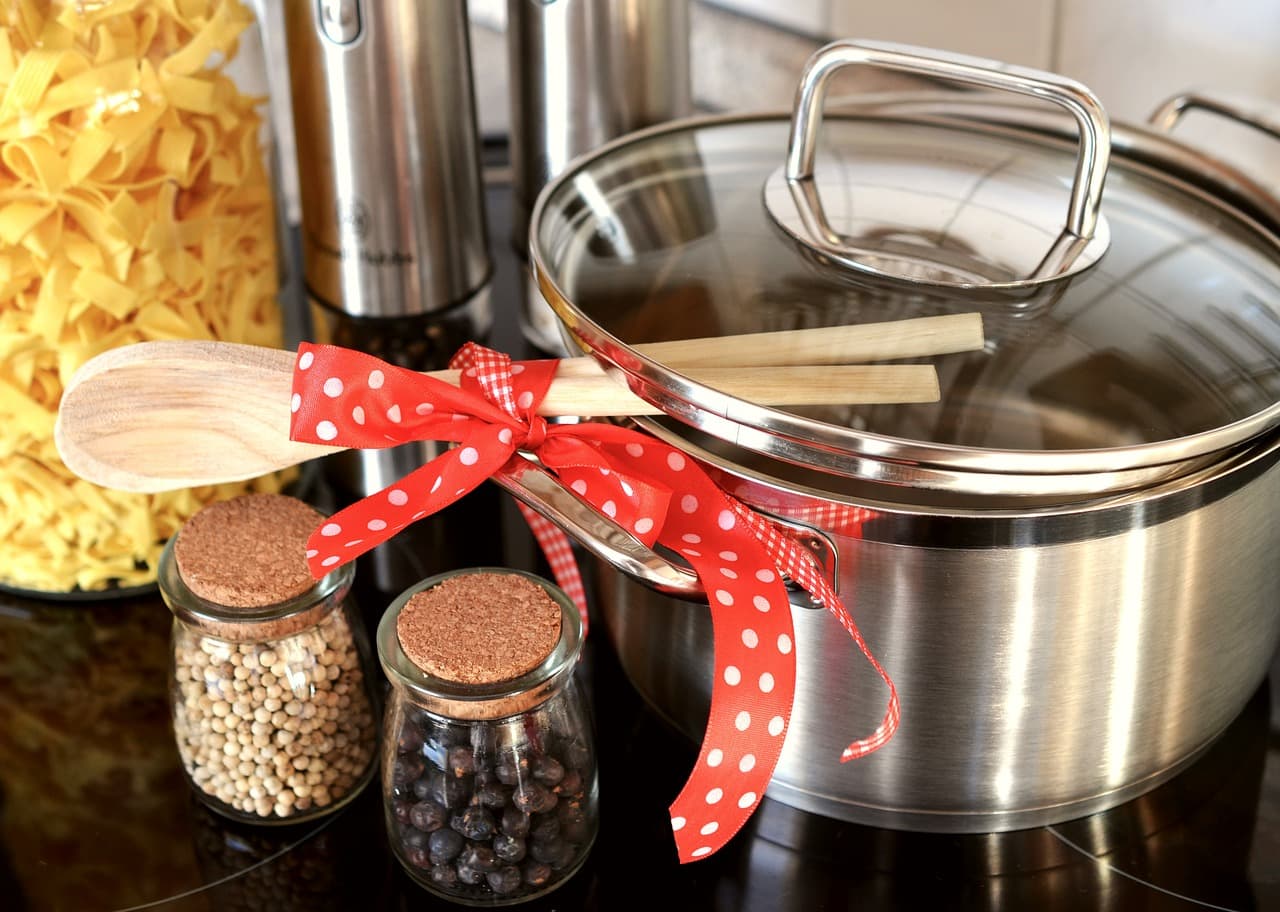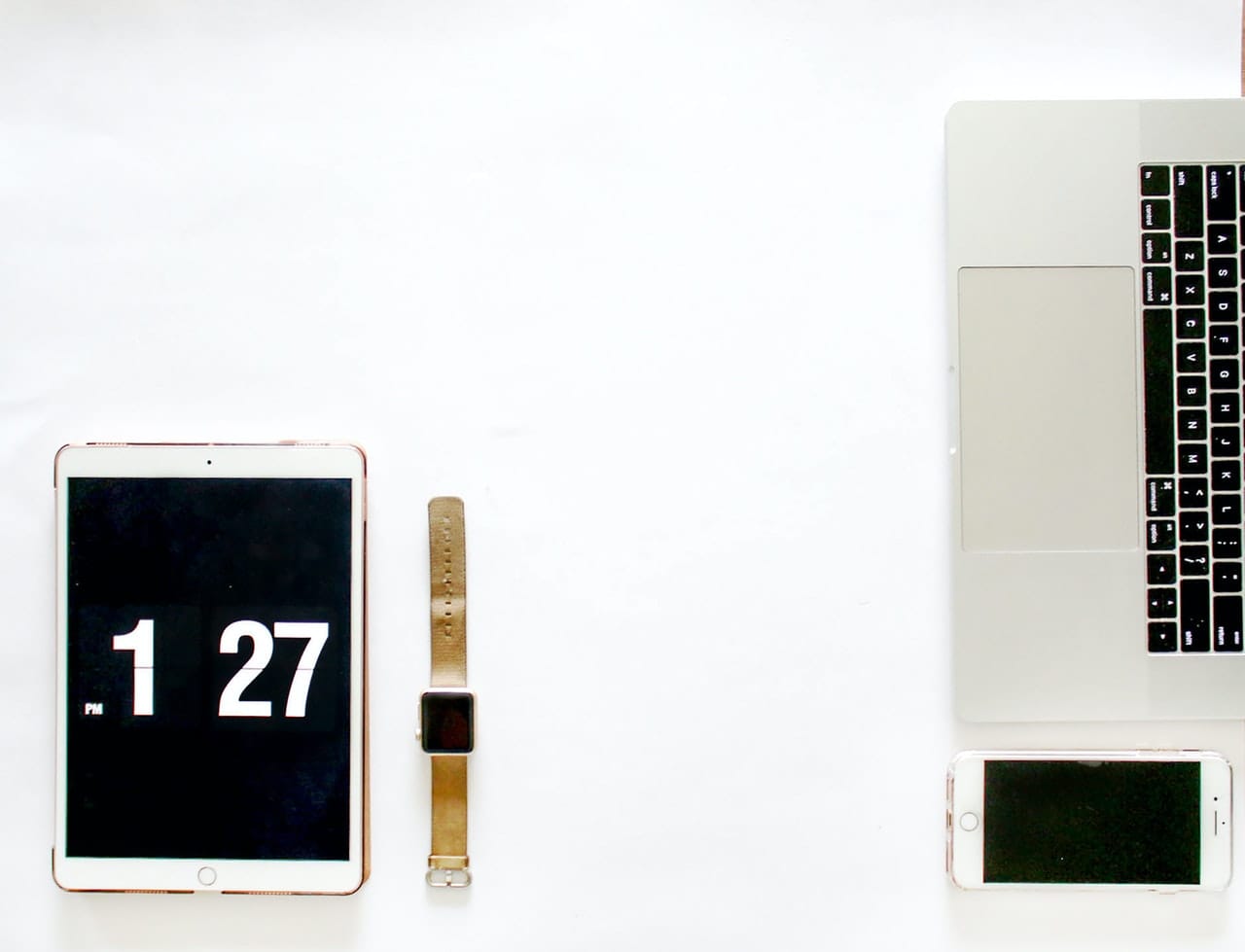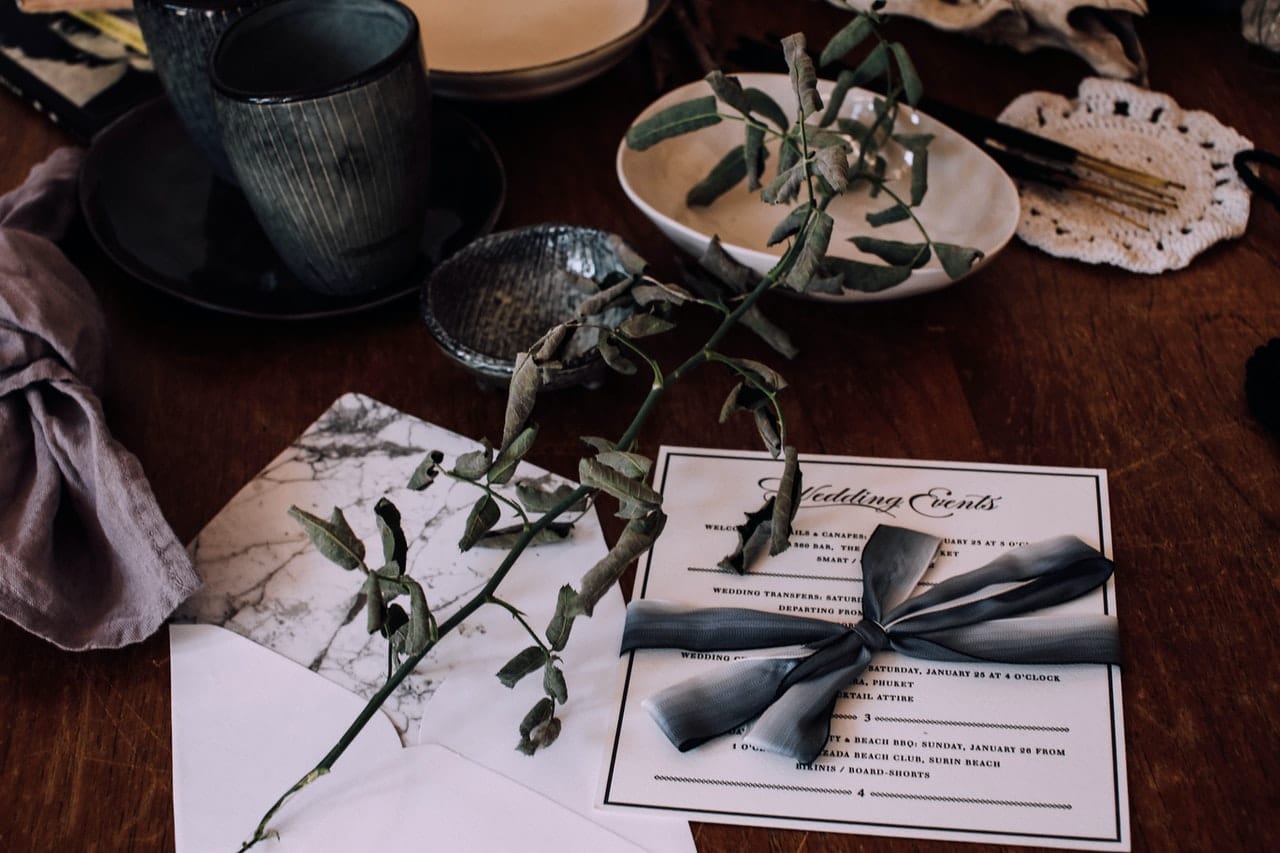Think about cooking with the sharp knives and the intense heat. It is no wonder the accidents happen while we are preparing food for the families. What about sleek, shiny surfaces such as granite countertops and the quarry tile floors? Have you ever dropped glasses as well as watched horrified as it shattered into zillion little shards. Here are tips to protect yourself when cooking:
1. Wear sturdy shoes
As simple as it can sound, this is a key safety practice. Sometimes in the kitchen, one can easily drop a glass and walking barefooted can cause damage to your feet. Apart from protecting you from the broken bit shoes, it offers a barrier between the feet and the falling knives, hot gravy and heavy platter. Footwear that is best for cooking as well as kitchen use has non-skid use, supportive arches, and sturdy toe caps. Also, to protection from the injuries such as dropped items and the slippery floors, the shoes are comfortable for long periods of standing and it will help to prevent back and the leg strain. Your feet are your foundation hence treat them well.
2. Dry your hands
If you have noticed, chefs on TV tuck a dishtowel into their waistbands. This is to ensure that they constantly wipe the hands. Clean and dry hands usually have better traction for gripping than the wet hands. In addition, the wet hands conduct heats quickly. If you get to handle a hot item without the need to first dry the hands, then you are likely to flinch as well as let it go. Equally, if you put the wet hands into the oven mitts and go on to reach for hot baking pans, you will conduct intense heat of oven right into the damp skin.
3. Respect everything with a blade
Store the knives with the blades as well as the tips pointed downward. The woodblocks as well as drawer dividers help to reduce risk of injuries. No one wants to be able to reach into the drawer and graze the razor-sharp blade. It is important to never try to catch a falling knife.
4. Store gear properly
Modern cabinetry has been designed with safety being the key factor. There has never been a better time to be able to store cooking equipment ergonomically with the heavy items being stored low and the lighter ones up high.
5. Keep the floors and the counters free of debris
It is dangerous as well as a challenge to work in a cluttered space. Wipe up the spills as soon as they happen. Sticky foods such as honey may harden and also attract ants and the dropped raw chicken can leave bacteria behind.
6. Maintain the equipment
As with the dull knife, poorly maintained cooking implement is an accident that is waiting to happen. Ensure that you make it a practice to regularly examine the cooking gear. Ensure that the screw in parts is very tight. The lids should fit snugly as well as handle grips should not wobble.
7. Take childproofing measures
There are special considerations that you have to take for the small children in the house. To begin with, never leave them unattended, especially in areas where the food is being prepared. Ensure that there no oven knobs that are within their reach.
8. Cut-resistant gloves
Cut-resistant gloves are perfect when in kitchen during food preparation and processing, chopping and dicing. Most of them are comfortable to use in either hand.









